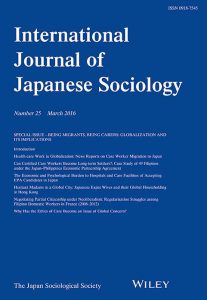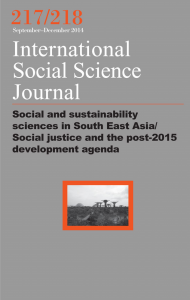Culture, Nationalism and "Inferior" Peoples
Presidential hopeful Mitt Romney’s recent overseas tour didn’t go well according to most in the press. The British press, in particular, blasted Romney for his comments regarding Britain’s preparedness for the Olympics. Then, Romney went to Israel. There he avoided offending his hosts but managed to offend Palestinians and some other nations while he was at it. Romney said that, “Culture makes all the difference,” as he compared the GDP per capita of Israel to “areas managed by the Palestinian...




1756-2589/asset/NCFR_RGB_small_file.jpg?v=1&s=0570a4c814cd63cfaec3c1e57a93f3eed5886c15)